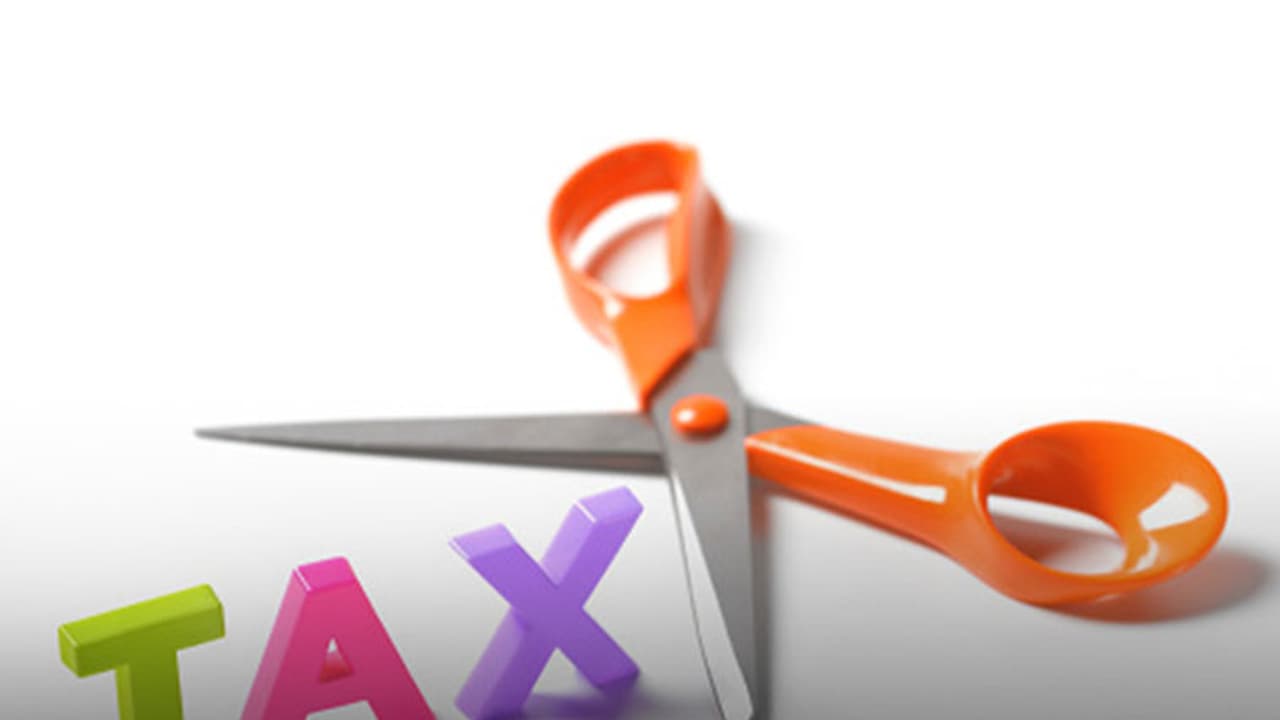In the biggest tax reform since Independence, the national sales tax or GST Bill was today approved by the Rajya Sabha to replace a raft of different state and local taxes with a single unified value-added tax system to turn the country into world's biggest single market.

Prime Minister Narendra Modi said the GST will "also be the best example of cooperative federalism" and "Together we will take India to new heights of progress".
The legislation was approved by the Upper House with 203 votes in favour and none against, after a seven-hour debate during which a rare bonhomie was witnessed among the ruling and the opposition parties.
Replying to the debate, Finance Minister Arun Jaitley said the GST rate will be kept "as low as possible" but did not commit to a specific rate despite opposition benches pressing for it.
"We will also try and keep the rate as low as possible, certainly much lower than what the present situation is. And as compliance increases, the possibility of that rate coming down further would be there," he said.
The tax rate, he said, would be decided by the GST Council comprising of Union Finance Minister and representatives of all 29 states.
"We must trust the sense of responsibility of the states who belong to the same political parties as us. Who in their last meeting said that our guiding principle is going to be - one we will lower the burden of tax," he said.
The Finance Minister said presently 80 percent of goods attract 12.5 percent of Central excise duty while at the state level 55 percent of items are charged with 14.5 percent VAT or sales tax.
The weighted average of the two in 65 percent of the items comes to 27 percent. Adding cess, octroi and entry tax takes the figure to 30 percent, he said.
In deciding the GST rate, "we are guided by two factors - 27 percent is too high, it is inflationary, it costs the people, so it should come down... the second they said we will collect what is essential for our present revenue requirement," he said.
Jaitley said members will have an opportunity to speak on subjects when the supporting GST Bill comes up in November.
The GST, he said, will make the system more efficient, increase tax compliance and tax avoidance will become more difficult as it will be detected at some stage or the other.
Also, there will be no cascading effect of tax on tax, he said adding there are certain items which will either attract lower rate of tax or no tax at all.
Ruling out GST impacting inflation, Jaitley said 54 percent of goods in the basket used to calculate consumer price inflation are tax exempt and another 32 percent attract low rate of tax. Only 15 percent are taxed at a standard rate.
During the debate, former finance minister and Congress leader P Chidambaram reiterated party's demand to keep GST rate below 18 percent and asked the government to specify its stand on the issue while including the rate in the subsequent GST bill. He also asked the Government not to convert the subsequent GST laws into money bills to bypass Rajya Sabha.
Money bills do not require the approval of the Upper House and their mere passage in the Lok Sabha, where the ruling NDA has an absolute majority, is enough for converting it into a law.
His twin demands found favour with other opposition leaders including Sitaram Yechury (CPIM), Naresh Agarwal (SP). AIADMK was the only party which opposed the GST in totality.
Around the World, about 160 countries - the US being the big exception — have some form of GST or value-added tax.
Under GST, the tax gets paid on any purchase of goods or services. But if the purchase feeds into a larger supply chain—raw materials, for example, or parts, then the tax can be refunded. This results in only the end consumer being taxed on a product’s full value.
The money collected would go to the state where a product is consumed, not where it is produced. The revenue lost by big manufacturing states will be reimbursed by the Centre.
Unlike some nations, GST in India would be jointly administered by the Union and state governments.
